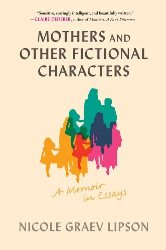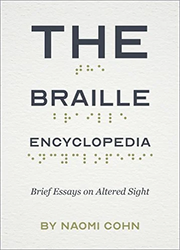The Jews who arrived from Eastern Europe a century or so ago were distinctive in part because they brought their intellectuals with them. Quick to brandish a manifesto or to found a new magazine, these scholars and polemicists had no trouble finding a readership avid for analyses of socialism and Zionism, and for grasping the connections between political ideas and ethical ideals. No intellectual was more gifted at locating the humane center of public issues than Hayim Greenberg (1885−1953). Born in Kishinev, he reached the United States in 1924, the very year that Congress systematically began closing the gates to immigrants. Exactly a decade later, he began editing the Labor Zionist monthly Jewish Frontier, the journal with which he was associated until his death. Although Greenberg assigned himself the task of articulating Jewish collective demands, no one was less parochial in his curiosity. Fluent in five languages (Hebrew, Yiddish, Russian, German and English), he exhibited the knack of reconciling universalism with particularism. His own cosmopolitan culture blended easily with advancing the cause of the beleaguered yishuv during the most consequential decades of modern Jewish history.
Many of Greenberg’s essays were gathered half a century ago in two volumes entitled The Inner Eye (1953, 1964), which have sunk into oblivion. Happily, the historian Mark A. Raider has retrieved the best of Greenberg’s work in a huge and handsome book. It merits the attention of any reader curious about the antecedents of the challenges that both Israel and the Diaspora face. Greenberg exemplified thoughtful engagement. He became a first responder to the unprecedented shocks of totalitarianism, and to the thrilling reemergence of Jewish statehood. He also addressed the perennial dilemmas of honoring the claims of an ancient faith while cherishing the liberties that open societies have dangled before this ethno-religious minority. Raider began this admirable project of resurrection two decades ago, and the extent of his research shows; his conscientious annotations as well as his authoritative introduction are enormously helpful.
The topics in The Essential Hayim Greenberg range from Sabbatai Zevi to David Ben-Gurion; from the concept of chosenness to Leon Trotsky. But “An Answer to Gandhi” (1939) deserves to be highlighted. Greenberg was not alone in rebutting the anti-Zionism that the hero of the Indian independence movement expressed; Martin Buber also defended Jewish claims to Palestine against Gandhi. But Greenberg had long and conspicuously wrestled with the impediment of his own pacifism, which collided with the imperatives of Jewish security and survival — and that inner struggle gives his essay its poignancy. He fully sympathized with Gandhi’s anti-imperialist project that would achieve sovereignty on the subcontinent, even as Israel would be simultaneously created thanks to its own resistance to British rule. But “An Answer to Gandhi” is as crisp a case as can be imagined for the singularity of Jewish national aspirations. In exposing the folly of Gandhi’s advice that even German Jews should continue to invoke their rights in the Third Reich, Greenberg demonstrated in this essay — among many others in this anthology — that political wisdom is needed to correct the most exalted moral proclamations, and that the fierce advocacy of Jewish interest can be rendered quite compatible with common sense.
Stephen Whitfield is Professor of American Studies (Emeritus) at Brandeis University. He is the author of Learning on the Left: Political Profiles of Brandeis University (2020).





